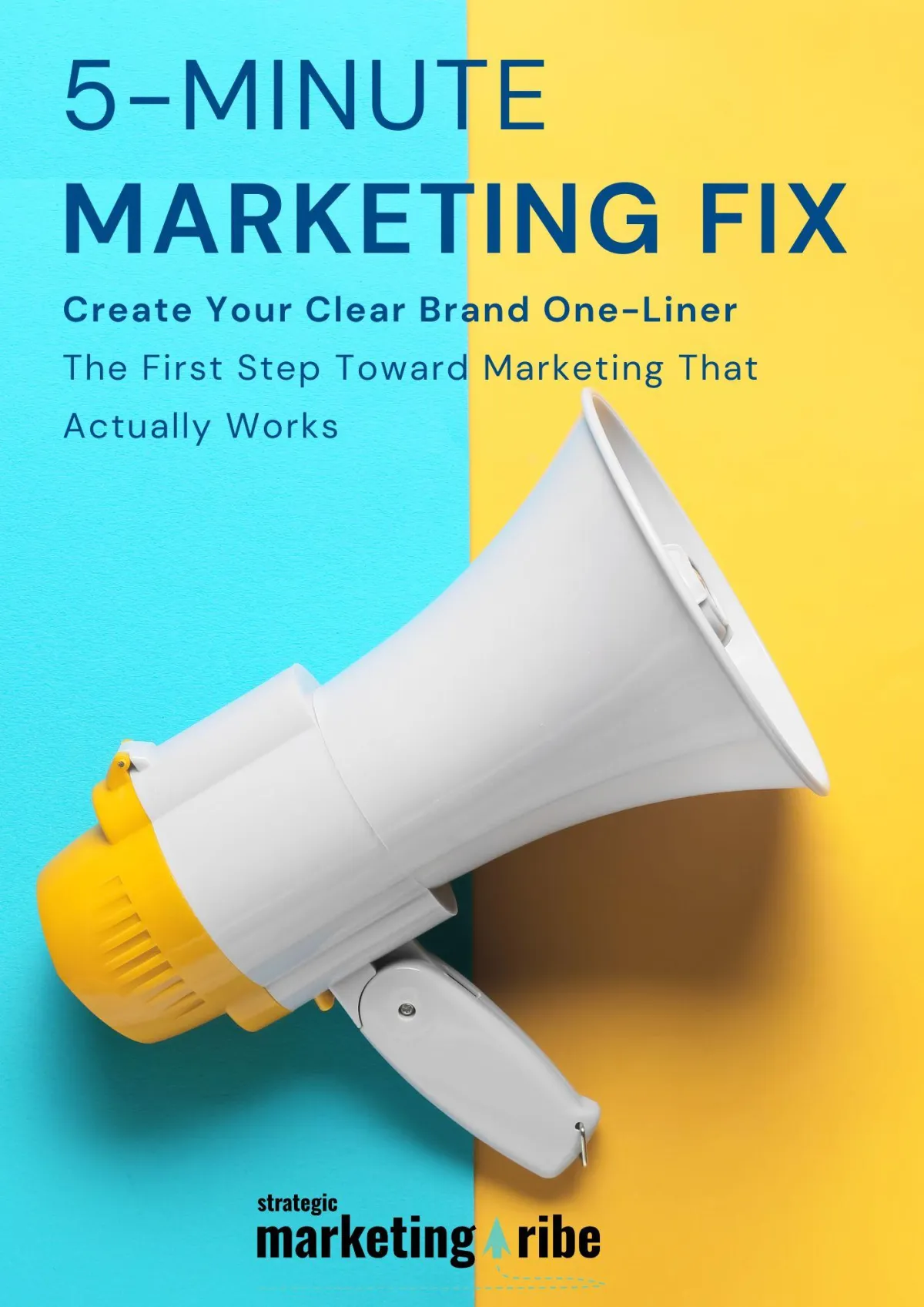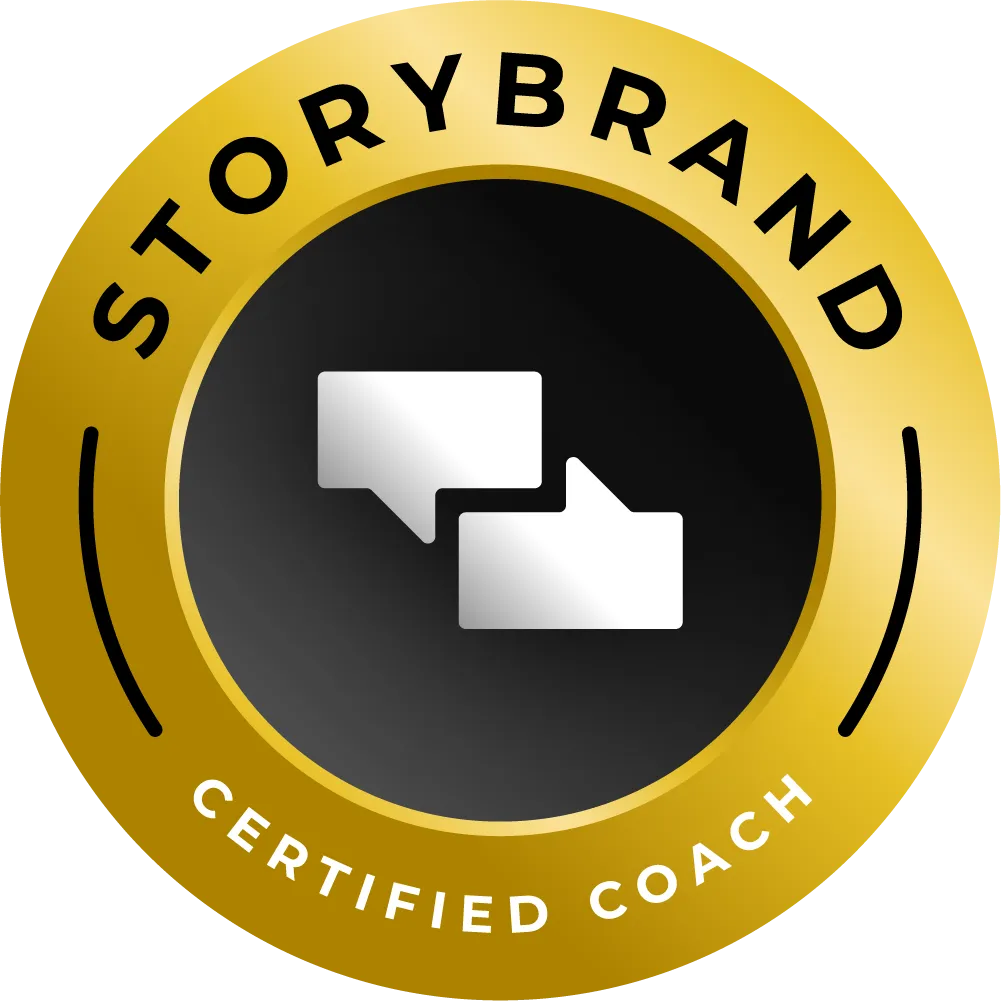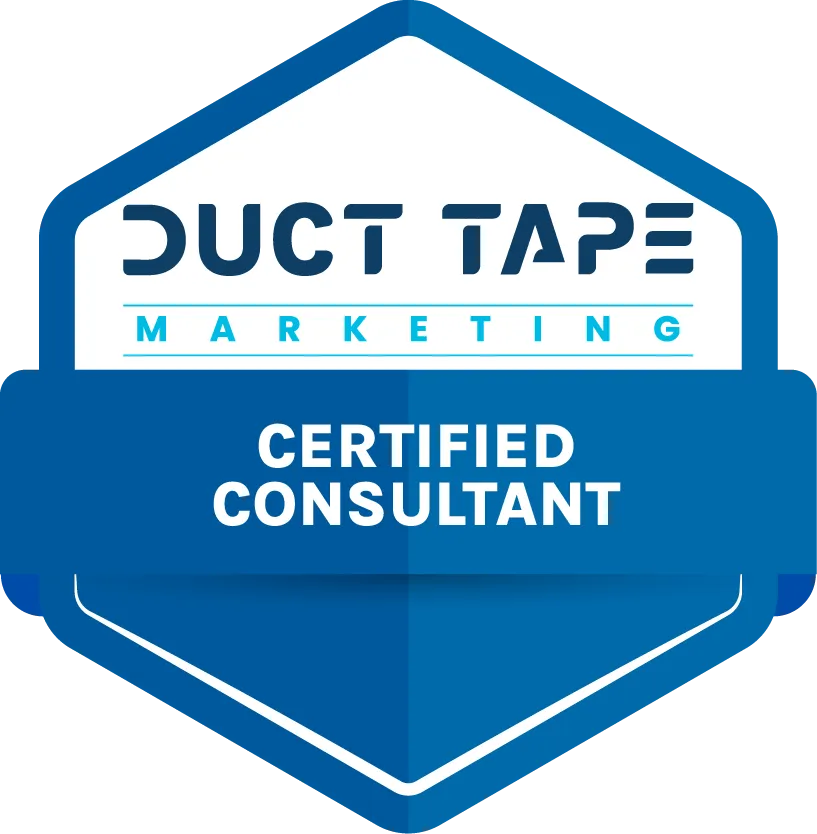NEWS, MEET STRATEGY
Real news, real insights – for small businesses who want to understand what’s happening and why it matters.

AI Search Distrust Grows—What Small Brands Should Do
By Vicky Sidler | Published 23 September 2025 at 12:00 GMT+2
When 61% of people say they want to turn off AI in search, it’s worth asking why we all raced to optimise for it in the first place.
According to new research by Gartner, most consumers don’t fully trust AI-powered search results. And many would prefer to go back to the good old days of scrolling past ten blue links and a suspiciously cheerful sponsored result.
If you’re a small business owner trying to get found online, this news might feel like whiplash. Didn’t everyone just say AI search was the future? It still is. But like most shiny things in tech, it’s complicated.
Let’s break down what’s actually happening—and what to do about it.
TL;DR:
61% of consumers want the option to turn off AI summaries in search
53% don’t trust AI results or summaries
Only 10% rely solely on AI results to make buying decisions
AI works best for top-of-funnel research, not final decisions
You still need strong traditional SEO, plus content that works for AI extraction
👉 Need help getting your message right? Download the 5-Minute Marketing Fix
Table of Contents:
AI Search Distrust Grows—What Small Brands Should Do
People Don’t Trust AI. But They Still Use It.
AI Summaries Work Best for Discovery, Not Decisions:
What Small Businesses Should Actually Do:
2. Optimise for Both SEO and AEO:
3. Earn Trust Before You Need It:
1. Why 95% of AI Pilots Fail and What to Do Instead
2. AI Business Advice: Why It Helps Some Owners but Hurts Others
3. What ChatGPT, Google AI, and Perplexity Cite Most
4. Hyper-Connectivity Is Reshaping Marketing—Here's What Small Businesses Need to Know
5. "Am I Doing the Right Things?" What Mailchimp's Marketer Says About AI and Self-Doubt
FAQs on AI Search Summaries and Small Business Marketing
Why do people dislike AI search summaries?
Should I change my website content to work with AI search?
What’s the difference between SEO and AEO?
Will AI summaries replace normal search results?
People Don’t Trust AI. But They Still Use It.
In Gartner’s survey, 53% of people said they don’t trust AI search results. That’s more than half your potential customers side-eyeing your chatbot-written product blurb.
And yet, 51% say AI still affects how they search. This is what’s known in psychology as a contradiction. Or in marketing terms, Tuesday.
Here’s what that means for you: consumers are using AI-powered search results, especially the summaries that now appear at the top of Google and Bing. But they’re not blindly trusting them. They’re skimming, cross-checking, and often scrolling right past to traditional links.
Trust still matters. A lot.
AI Summaries Work Best for Discovery, Not Decisions:
Gartner’s data shows that AI search summaries help people in the early stages of buying. Think curiosity, not commitment.
Here’s how people are using AI in search:
70% for researching new products and services
62% for comparing options
44% for inspiration
But once people start making actual purchase decisions, they want more detail. More nuance. More human.
So while AI summaries might introduce someone to your brand, they won’t close the sale. That job still belongs to your real content.
What Small Businesses Should Actually Do:
This isn’t a tech arms race you have to win. It’s a content quality game you can absolutely play.
Here’s how to show up in both AI results and traditional search:
1. Keep Your Website Human:
Even if an AI tool summarizes your page, that summary is based on your actual words. If those words are vague, stiff, or unclear, the summary will be too.
Write like you talk. Include real examples. Use FAQs to answer questions your audience is actually asking.
2. Optimise for Both SEO and AEO:
SEO is Search Engine Optimisation. AEO is Answer Engine Optimisation. You need both.
That means:
Write useful headers (like the one above)
Use bullet points and lists
Answer one clear question per section
Add a short, punchy summary near the top
Google’s AI likes to scan. Help it do that. But don’t stop there. People still want detail once they click through.
3. Earn Trust Before You Need It:
Your next customer might find you through an AI summary. But they’ll judge you by what they see after the click.
So build trust early. Make your one-liner clear. Show reviews. Use simple, honest language.
You don’t need to sound like a genius. You just need to sound like a real person who can help.
Clear Messaging Still Wins:
AI might help you get found, but clarity helps you get chosen.
When someone’s skimming summaries, your job is to be the one they remember. That starts with a message that actually makes sense.
I’ve been experimenting with this myself. I’ve made a few changes to my blog lately—mostly to help AI summarise it better. And the results have been solid. I’m showing up more often in summaries and answer boxes—and the content is great.
But here’s the thing: it sometimes comes at a cost to the reading experience.
For example, on my own blog, I’ve added a big table of contents to each blog post, which is great for search engines. It gives structure. It helps AI tools “see” what the post is about. But if you’re a human reader, scrolling past a chunky list of links before you even reach the first sentence? Not exactly delightful.
That’s the tradeoff. You optimise for machines to get visibility. But you still have to write for humans to build trust. I’m still navigating that balance myself.
If your current marketing feels foggy or disconnected, the easiest fix is to sharpen your one-liner. And I’ve got a tool for that.
👉 Download the 5-Minute Marketing Fix.
It’s free, fast, and gives you one sentence that works across AI summaries, websites, and real conversations.
Related Articles:
1. Why 95% of AI Pilots Fail and What to Do Instead
AI search is just one piece of the puzzle. This post explains why so many AI projects flop and how to avoid wasting time on shiny tools that don’t serve your strategy.
2. AI Business Advice: Why It Helps Some Owners but Hurts Others
Not all AI advice is helpful. This article explores when AI-driven insights are actually useful—and when they cause more confusion than clarity.
3. What ChatGPT, Google AI, and Perplexity Cite Most
Worried about trust but still want visibility? This breakdown shows what AI tools tend to surface most often—and how to shape your content to match.
4. Hyper-Connectivity Is Reshaping Marketing—Here's What Small Businesses Need to Know
More connections, less trust. This one unpacks how to market in a world where people are bombarded with content and more sceptical than ever.
5. "Am I Doing the Right Things?" What Mailchimp's Marketer Says About AI and Self-Doubt
Even seasoned marketers get overwhelmed by AI. This article offers a realistic take on using new tools without losing your head—or your message.
FAQs on AI Search Summaries and Small Business Marketing
What is an AI search summary?
An AI search summary is a quick answer generated by artificial intelligence at the top of a search results page. It pulls key points from web pages and gives users a short overview without needing to click through.
Why do people dislike AI search summaries?
According to Gartner, many people feel these summaries are frustrating or not trustworthy. 61% of consumers said they wish they could turn them off. They’re often vague, and some users feel they skip over important context.
Should I change my website content to work with AI search?
Yes—but carefully. Add structure like headings, lists, and clear answers to common questions. But don’t sacrifice clarity or reader experience just to please the bots.
What’s the difference between SEO and AEO?
SEO (Search Engine Optimization) helps your site show up in traditional search results. AEO (Answer Engine Optimization) helps your content appear in AI-generated answers. You want both.
Will AI summaries replace normal search results?
Not anytime soon. Most people still check regular links, especially when making serious buying decisions. AI summaries are more helpful at the start of the search journey, not the end.
How can I build trust if people don’t trust AI?
Focus on clear, honest messaging. Make sure your site answers real questions and sounds human. People might find you through AI, but they’ll choose you based on what they see next.
What’s one easy step I can take right now?
Start by fixing your one-liner. It’s the sentence that tells people what you do, who it’s for, and why it matters. If it’s clear, everything else gets easier.
👉Download the 5-Minute Marketing Fix to write yours.

Created with clarity (and coffee)






